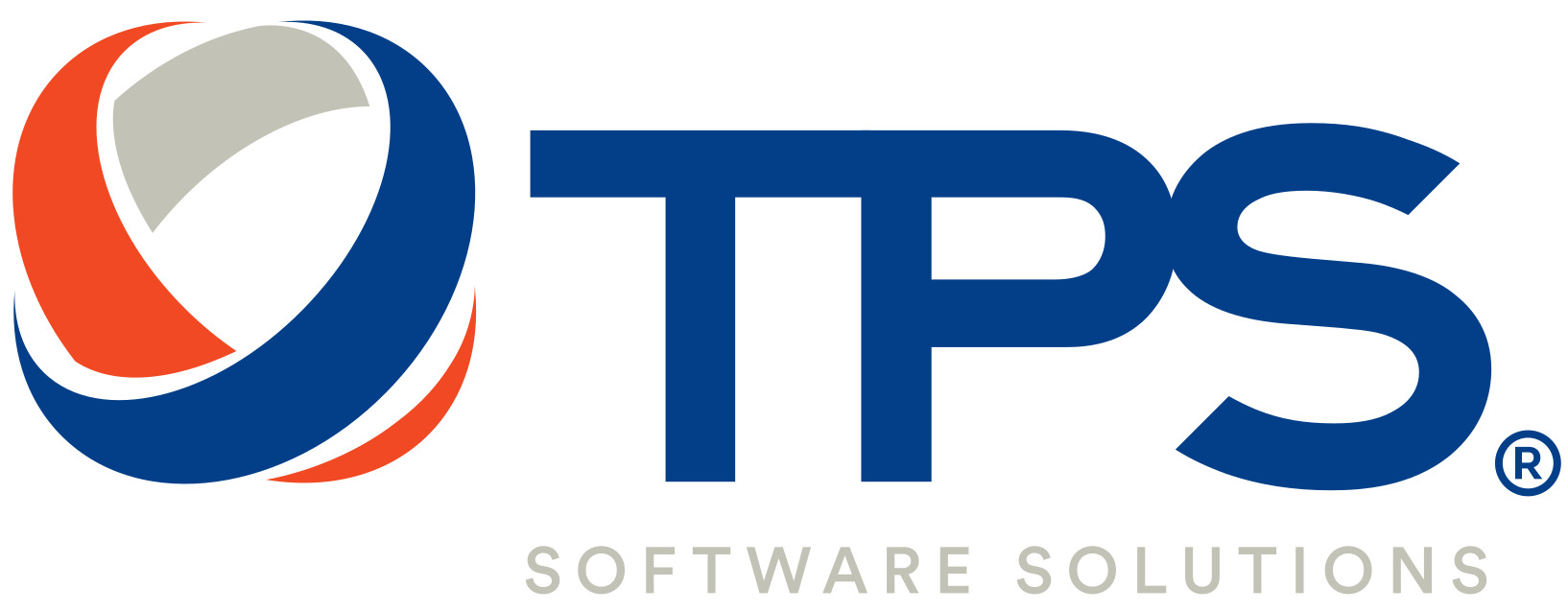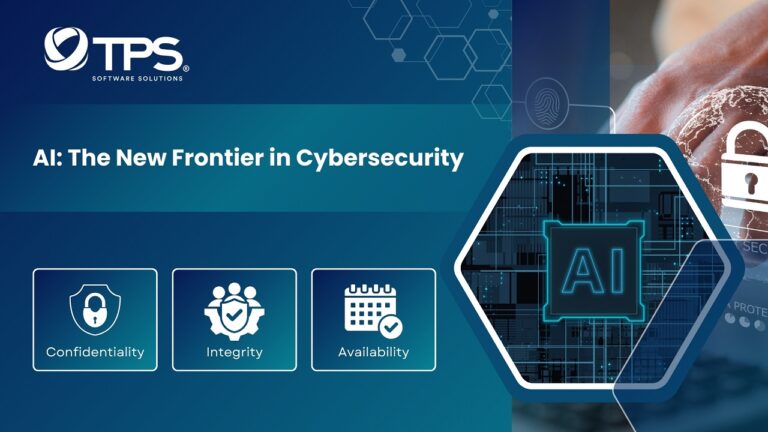
A Brief Explaination of Framework
Simply said, a framework is a set of developer tools meant to operate together and reduce the complexity of creating software.
Code libraries, design and architectural patterns, plugins, app-building utilities (such as Visual Studio), APIs, etc. are all examples of developer tools.
When purchased as a set, these instruments mandate certain guidelines for app creation. You might argue that app developers give up some independence in return for ready-made pieces of code and other tools they can easily manipulate.
React Native, Flutter, and a slew of lesser-known frameworks for constructing cross-platform mobile applications would be what a standard blog on mobile application development would throw at you. What they don’t take into account is that there are several mobile app development frameworks to choose from.
Types of Frameworks for App Development
Let’s take a short look back at the many frameworks available to developers when creating mobile apps.
1. Cross platforms
Most common suspects you can find here are React Native, Flutter, Kotlin Multiplatform, and a dozen more. All are used to create cross-platform apps.
With these resources, you can write once and deploy across several platforms, including iOS, Android, the web, and Windows and Linux desktops. To tell the actual truth, advanced apps still need tweaking with native components to appear and behave identically to native apps.
Cross-platform app development frameworks, on the other hand, are predicated on the idea that a business logic may be abstracted away and used amongst several applications that are tailored for different platforms.
2. Web
3. Mobile
The purpose of mobile frameworks is to facilitate the creation of mobile apps. Native mobile app experiences are created by using a platform’s programming language in conjunction with the platform’s own development tools, architectural principles, standardized user interface components, and other development tools.
Apple’s SwiftUI, an iOS app development framework, is replacing the formerly popular Cocoa Touch. Jetpack may be used to implement development best practices, decrease repetitive code, and guarantee compatibility with older versions of Android in an Android app.
Other examples: Realm, Retrofit, WebKit.
4. No-code / Low-code App Development Frameworks
Business owners can now create custom mobile and web apps without touching a line of code with the help of no-code and low-code platforms such as BuildFire and Bubble.
The word “platform” better describes what we’re talking about here, in my opinion. There are still plenty of individuals who refer to them as frameworks. Keep in mind that they are mostly aimed at app entrepreneurs interested in learning more about prototyping and minimum viable products.
Other examples: AppyPie,WebFlow.
5. Plugable Frameworks
In addition, there is a fascinating collection of frameworks used for online and mobile app development that can be inserted into code to rapidly enable specialized functionality. Frameworks and software development kits (SDKs) are both common terms among developers. Typically, SDKs and/or APIs are the delivery mechanism for pluggable frameworks.
Consider them the Legos of app creation. They are used by developers to extend the functionality of applications in a wide variety of ways, including authentication, navigation, mapping, alerts, messaging, analytics, and more.
Other examples: OAuth, Firebase, Sentry, Keras, Raster Vision.

How to Determine The Best Frameworks for App Development
When deciding on a framework for creating an app for the iPhone or Android, it’s important to take into account a number of factors, such as the budget for app development and the kind of the app you’re creating (for example, a healthcare app, a financial app, or a chatbot).
1. App-level frameworks
You’ll need to decide on whether or not you’ll be using native (ex: Swift/Xcode for iOS mobile applications and Kotlin/Android Studio for Android apps) or adaptable cross-platform technologies.
Native App Frameworks | Cross-platform | |
Advantages |
|
|
Disadvantages |
|
|
2. Feature-level frameworks
The third class of frameworks from which you may choose (or be advised by your developers) is those which add to the utility of your project. A variety of popular software exists to assist you in managing crucial facets of your app, including:
- mapping and location tracking
- push notifications
- user engagement analytics
- payments
- messaging
- authentication
- crash analytics
Also, these frameworks are available as a service. For instance, Google’s backend-as-a-service product Firebase handles many of these features automatically.
Checking that a mobile app framework offers the required libraries and that there is no conflict between them and other libraries from open-source application frameworks that are often used when developing cross-platform applications is essential.
Finding The Trust Partners To Develop Your App
As a matter of fact, whenever you create an app, you’ll have to make use of many different frameworks. Each and every time, we follow these steps. Creating some of the most basic functions from scratch is obviously not an option when speed to market is critical and resources are constrained, as is typically the case with startups. Because your rivals are probably already using tried-and-true frameworks for similar functionalities.
At TPS Software, we are the experts on mobile development frameworks. We have developed mobile apps using native app frameworks (iOS/Android) or cross platforms like React Native and Flutter for several big companies in different markets such as finance, education, healthcare, insurance, etc… Our technician professionals also have a deep understanding in other high-level frameworks like Firebase, Core Bluetooth, SwiftUI, PubNub, etc. In particular, we don’t only build an app for you, we also provide solutions and consulting in the procedure, implementation plan, and management to deliver the best result to you.
If your company/enterprise is in need of app development, don’t hesitate to contact us here for a free consultation. You can trust us as the right technological consultant for your project.













